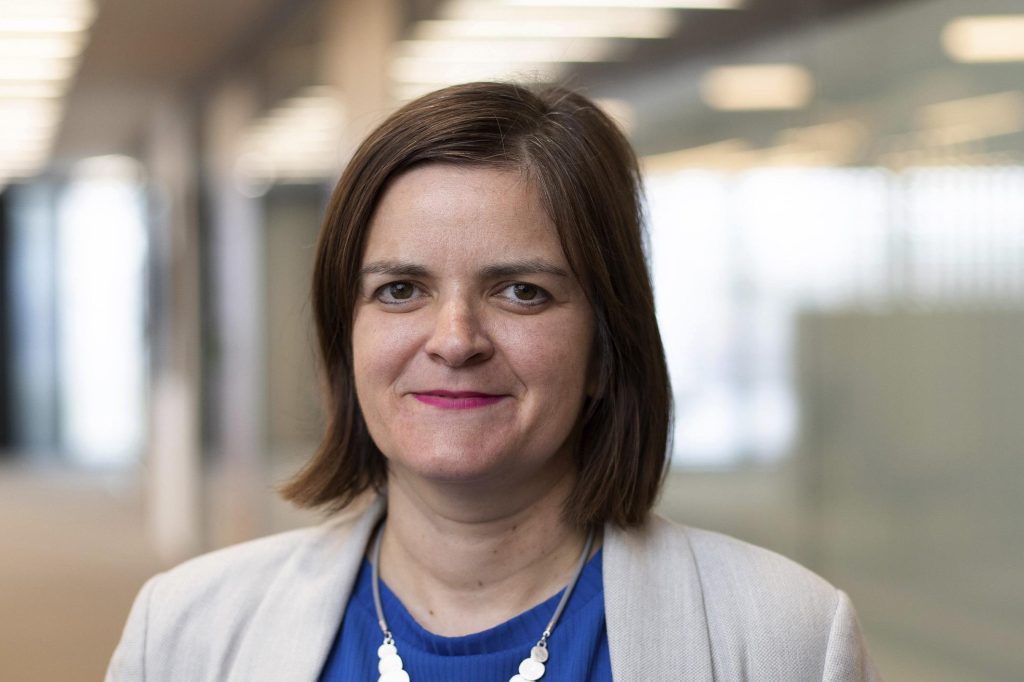With more than seven in 10 people reporting they have been targeted by financial scams, the FCA’s executive director of markets, Sarah Pritchard, has warned that financial crime is going to become “even more prolific during the cost-of-living crisis”.
In a speech at the Financial Crime Summit in London early in September, she urged greater coordination between agencies and industry sectors, and an increased focus on thinking ahead. And she compared the spread of criminality in the sector to the Covid-19 virus, because criminals “are ever changing – they will adapt to exploit new weaknesses in the financial system and will constantly vary their tactics when targeting the vulnerable for fraud”.
The response to the virus was “agile and dynamic” and involved many sectors sharing information and expertise – the financial sector should learn from this, she insisted. “Foiling crime is about thinking ahead and acting at pace, before threats increase exponentially.”
She told delegates the FCA was changing in order to deal with new circumstances, sharing more information and deploying tools more rapidly. She made specific reference to findings of “weak customer due diligence and insufficient rigour in dealing with transaction alerts” among challenger banks that were highlighted in a recent review.
Her advice to firms was “embed your financial crime checks in your systems from day one, but keep evolving as the threats evolve. Use the power of data and tech, and stay alert for situations in which you may need to recalibrate your defences and alerts”.
As the FCA looks ahead, said Pritchard, “We are asking firms to plan how they are going to respond to the risks of the cost of living crisis. We are already seeing more scams such as loan fee fraud, ghost broking, and false access to rebates from utility companies. And we anticipate a potential rise in people being recruited to act as money mules too.”
She ended by strongly advocating what she termed the “force multiplier effect” – the partnership between firms, regulators and government – saying that the FCA had a “unique role” in helping to formulate a “whole system response to effectively limit the threat”.
“We can reach into financial services not just to set standards and inspect adherence, but to find solutions,” she concluded.


